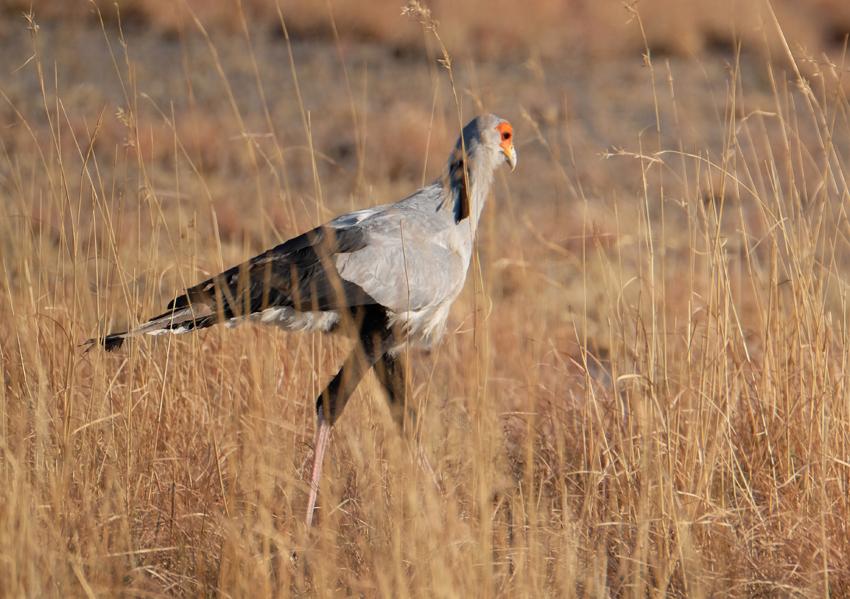Secretary bird to find new home in tourism
13 Oct 2020
The secretary bird, which is known as Mmamolongwana or Tlhangwe in Setswana, has become another source of tourism in Botswana.
This is according to Bird Botswana Bird Population, monitoring programme coordinator, Ms Keddy Moleofi.
Ms Moleofi said in an interview that bird derived its name, secretary bird, from the crest of feathers that are quill-like and give the appearance of a secretary with quill pens tucked behind the ears.
She said the secretary bird was a great for bird watching throughout the year, but the best time was during the wetter months of November to April.
Ms Moleofi said the bird was mostly available from the southeast and central parts of Botswana, adding that nature reserves or parks, such as the Kalahari Game Reserve offered good bird watching spaces.
She said the secretary bird contributed to economic gains through birding tourism, which had hitherto been controlled by flamingoes in the Makgadikgadi Pans through to Chobe areas.
She said though there were no exact figures, on how much the secretary bird could add to birding tourism, but it had been doing well.
Ms Moleofi said the secretary bird stood a good chance of boosting birding tourism through its distinct black feathers, protruding from behind its head.
She said the bird was also good since it fed on insects or pests, thus helping to reduce loss or damage to agriculture produce, adding that it also regulated the population of snakes and rats.
Ms Moleofi said the secretary bird was under threat globally because it was also used for traditional medicine.
She said the bird was also threatened by fire outbreaks, overgrazing and poisoning.
She said despite all these, research conducted in 2010 by the Botswana Bird Population programme, showed that there was growth in its population in Botswana’s grassland areas.
She said the Ministry of Environment, Natural Resources and Tourism had come up with a conservation plan to save and secure all endangered birds, which she said was important since most birds were facing extinction due to climate change and bird control on agriculture. ENDS
Source : BOPA
Author : Tebogo Lephogole
Location : GABORONE
Event : INTERVIEW
Date : 13 Oct 2020






